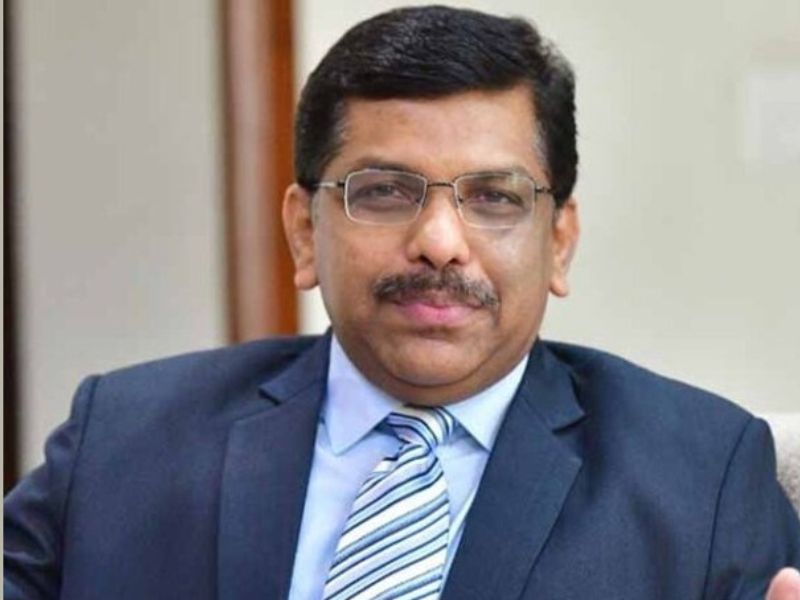Reshma Ravishanker
The high cost of textbooks in Council for the Indian School Certificate Examinations (CISCE) schools has been driving students away from schools, Dr Joseph Emmanuel, chief executive and secretary of the board said in Bengaluru on Tuesday.
Addressing principals from across ICSE schools in Karnataka, he urged schools to select textbooks that are affordable for all students, Emmanuel said, “I have been been getting so many calls from teachers and parents complaining that the textbooks are exorbitantly priced. In a way, this is one of the reasons why children are going away from your schools. So be mindful of choosing the textbooks.”
Talking about teacher training and implementation of the NEP 2020, he said there is a need to prepare educators to teach a globally benchmarked curriculum as recommended by the NCF and that teacher training is essential.
He said that every school must accord high importance to selecting the right resources material to be able to deliver the globally benchmarked curriculum.
“It is not necessary that textbooks with a huge volume will help you deliver quality content. Chose a one with moderate content and opt for those that connect concepts to real life. Instead, focus on experiential learning, joyful learning, collaborative learning. Only then will it remain in the minds of the children,” he said.
AI in education
Responding to a query from a principal on using AI in education, he said that it must be mindfully integrated in the classrooms. “Draw a line. Policies are being framed for this as well. While it is good to introduce students to AI and gadgets in higher classes, it could be used restrictively for the lower grades,” he suggested.
Language policy
Emmanuel asked schools principals to submit recommendations ahead of implementation of the language policy in alignment with NEP 2020 . “The National Curriculum Framework for Education recommends 10 subjects in secondary classes. It prescribes a three language policy. We would like to hear from schools about it . In a cosmopolitan city like Bengaluru, how will this work? We have to come out with a curriculum by 2025-26 or 2026-27. Hence, we are seeking feedback from all stakeholders,” he said.
Emmanuel added that schools are bound to follow the state’s policy on languages. Hence, if Karnataka has sought that Kannada be taught either as the first or second language, CISCE affiliated schools are bound to follow it.
